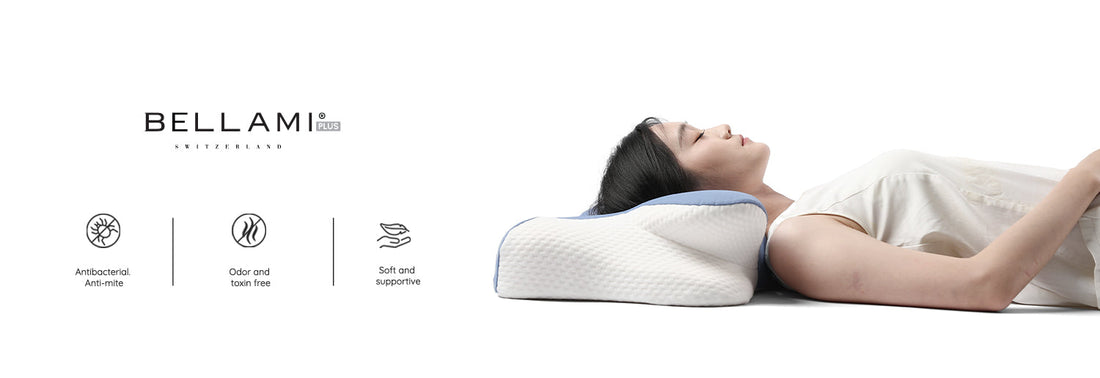We’ve all been guilty of using our phones or laptops before bed, whether it’s to respond to one last email or catch up on YouTube videos. But did you know that these activities might actually be harming your sleep rather than helping it? Here’s how:
The Negative Effects of Screen Time Before Bed
You might wonder how using mobile phones and laptops before bed impacts your sleep. Well, it turns out that screen time before bedtime can suppress the production of melatonin, a crucial hormone that helps your body feel tired and ready for sleep. Melatonin naturally increases in the evening to prepare you for restful sleep, but the blue light emitted by screens disrupts its production.
Blue light is a short-wavelength light that stifles melatonin production, which in turn reduces your feelings of sleepiness. This can make it much harder to wind down and get into a restful state before bed.
In the long run, excessive screen time before bed can negatively impact the quality of your sleep, particularly the most important stages of sleep for cognitive function and emotional regulation. These stages are critical for maintaining focus, behavior, and social interactions throughout the day.
Additionally, screen time can increase the time it takes to fall asleep, shortening your beauty sleep and leading to grogginess the next day.
How to Improve Your Sleep Quality by Reducing Screen Time
Here are some tips to reduce the impact of screen time on your sleep quality:
1. Limit Screen Time During the Day
Reducing your overall screen time throughout the day can improve the quality of your sleep. Try setting daily screen time limits for your devices to ensure that you’re not overexposed to blue light throughout the day.
2. Create a Relaxing Bedtime Routine
Instead of using your devices, set up a calming bedtime routine that helps you wind down. Activities like reading a book, journaling, or practicing meditation are great alternatives to screen time and can help you relax before sleep.
3. Use Night Mode on Devices
Many devices now come with a night mode feature that reduces blue light emissions. This feature helps minimize the impact of screens on melatonin production. In addition, reducing your screen’s brightness settings can further help reduce blue light exposure before bed.
Conclusion: Prioritize Your Sleep
Reducing screen time before bed can dramatically improve your sleep quality and help you wake up feeling more refreshed and energized. By following these simple strategies, you can improve your sleep hygiene and wake up ready to take on the day.




